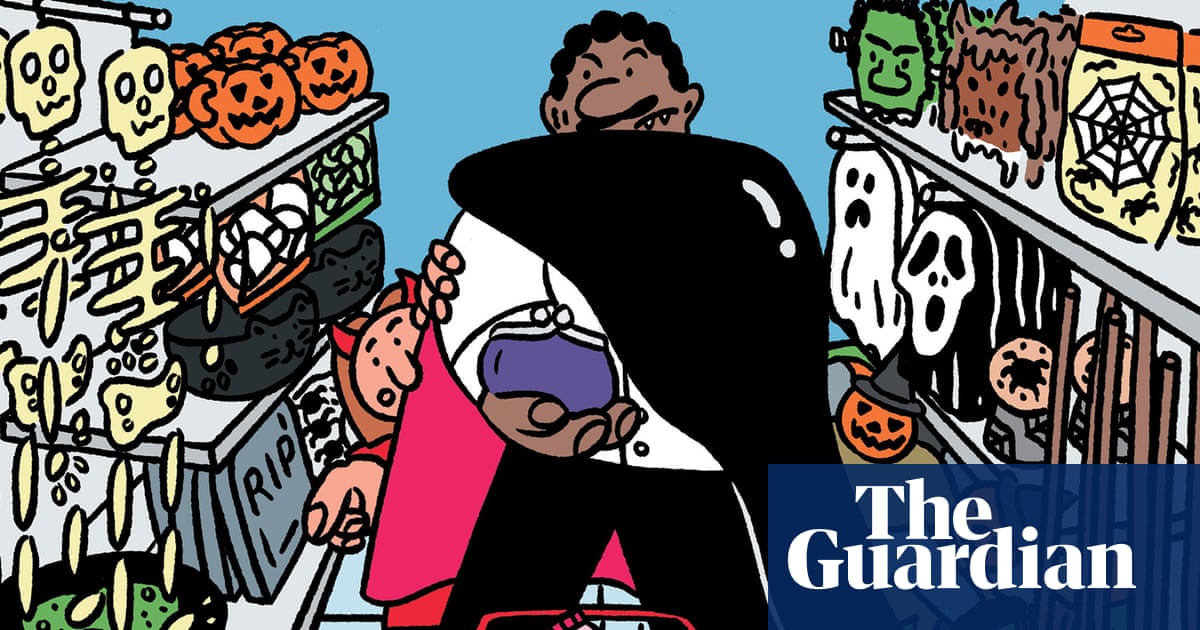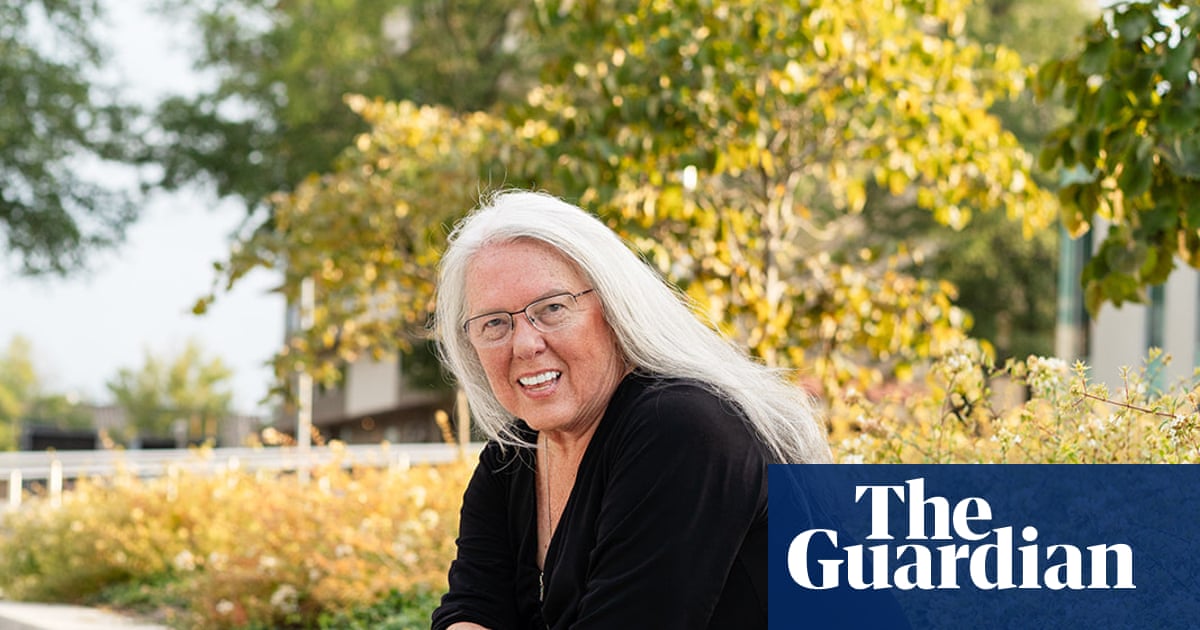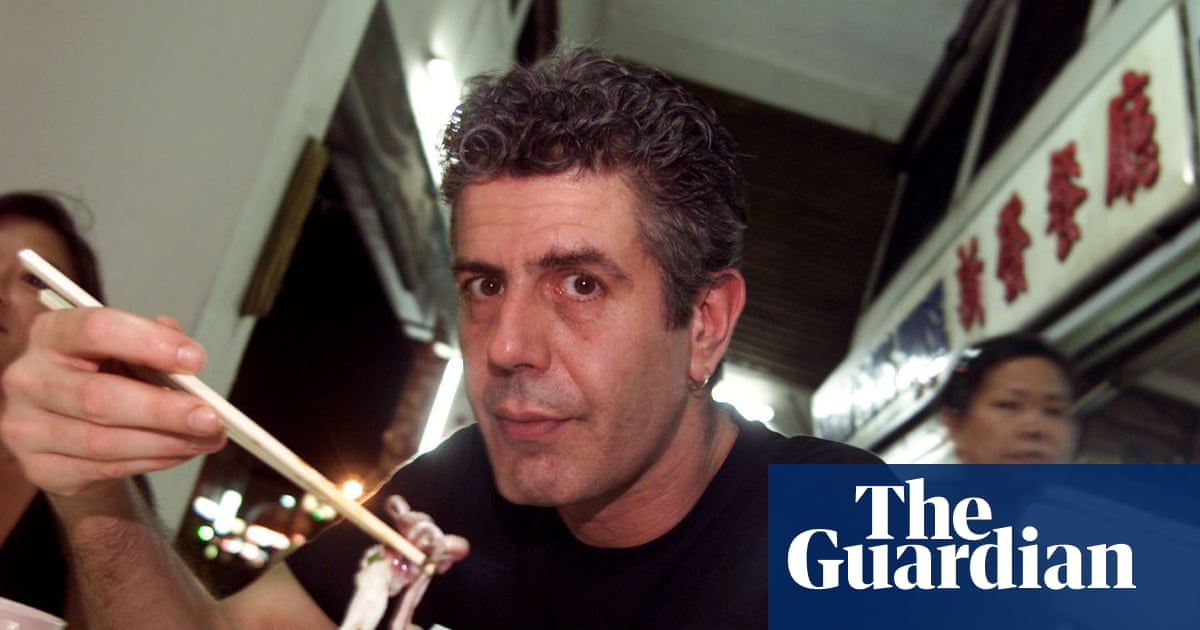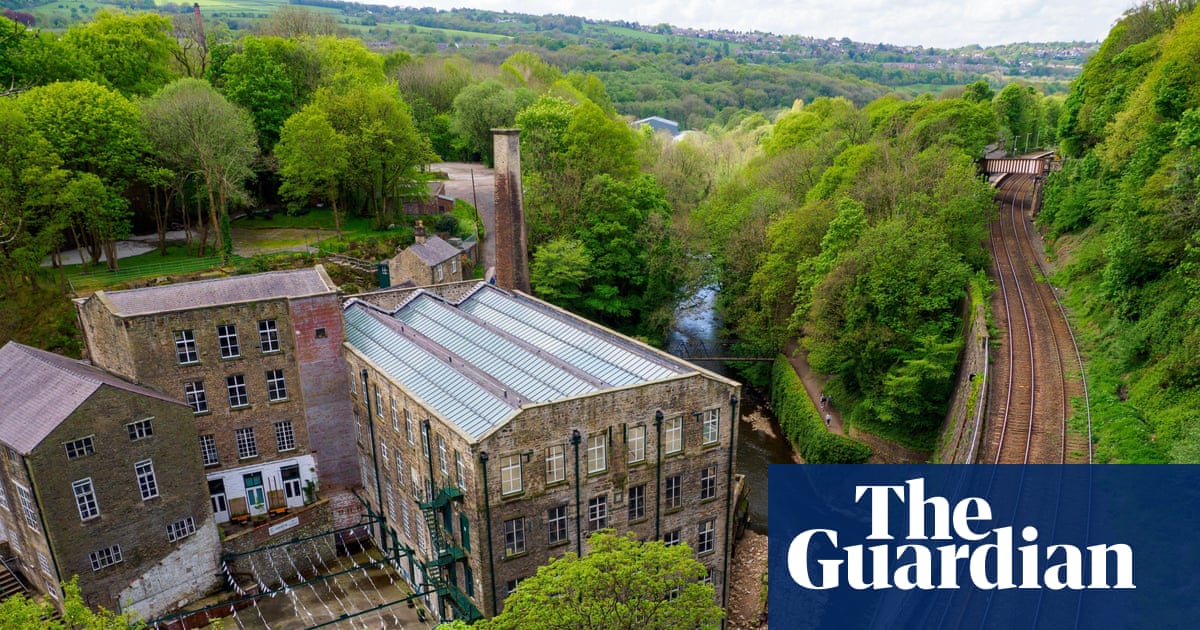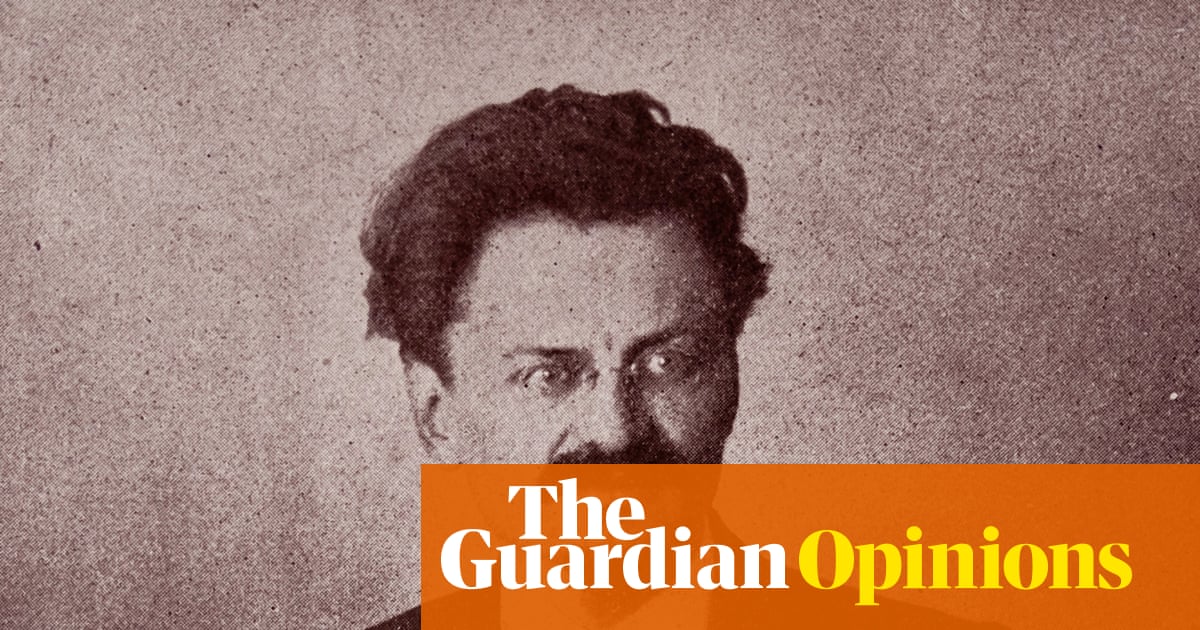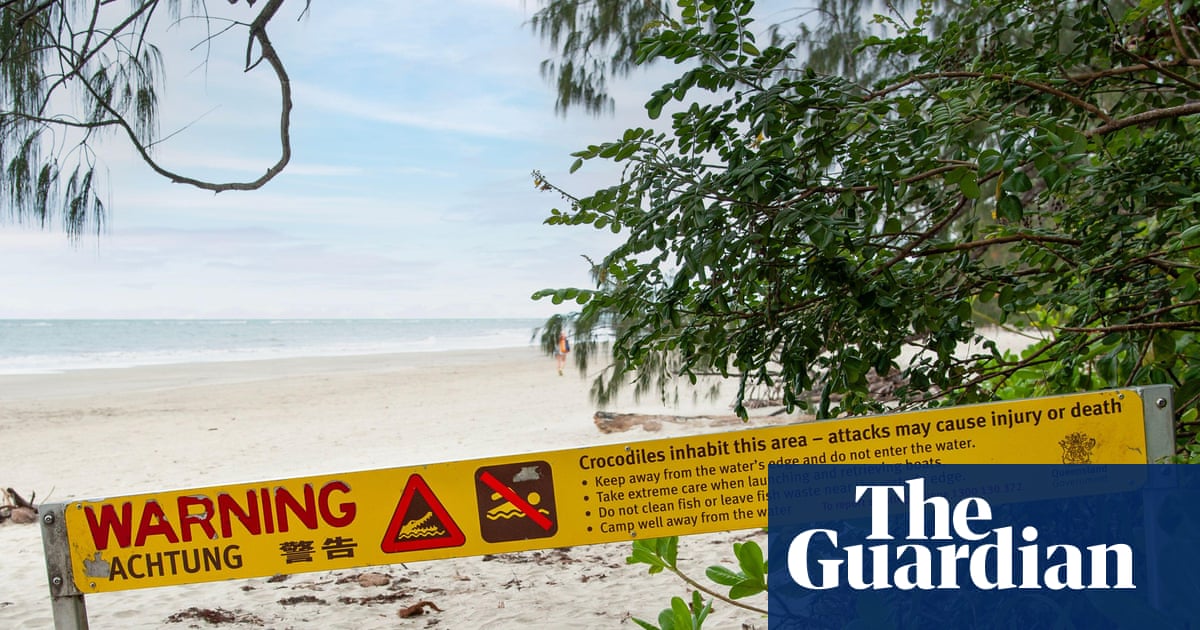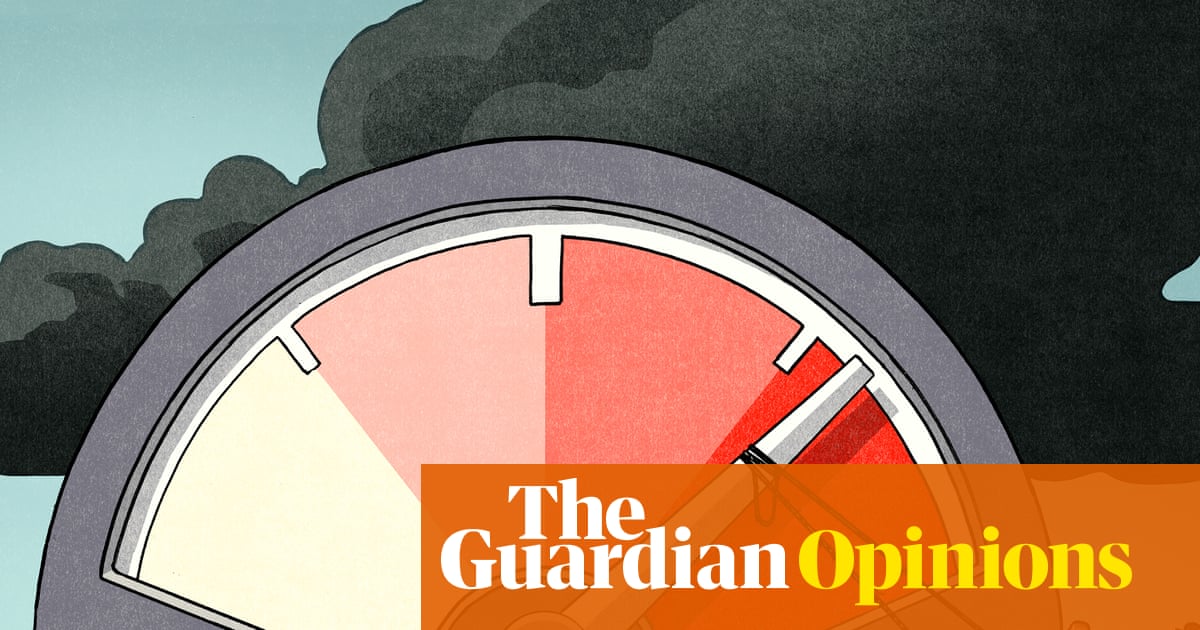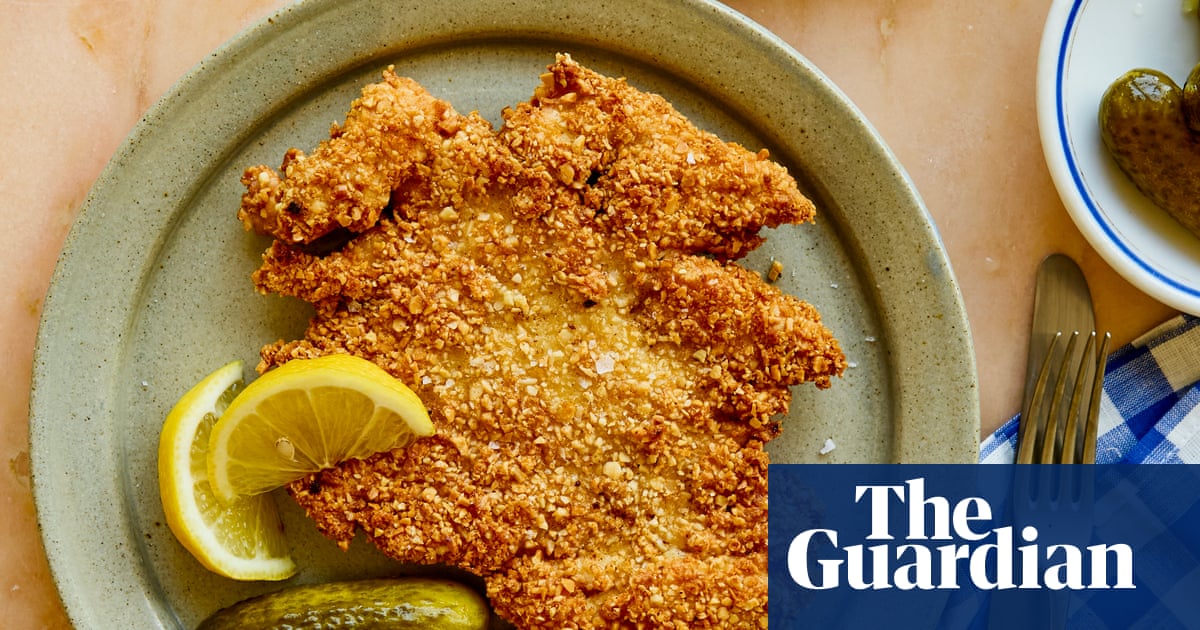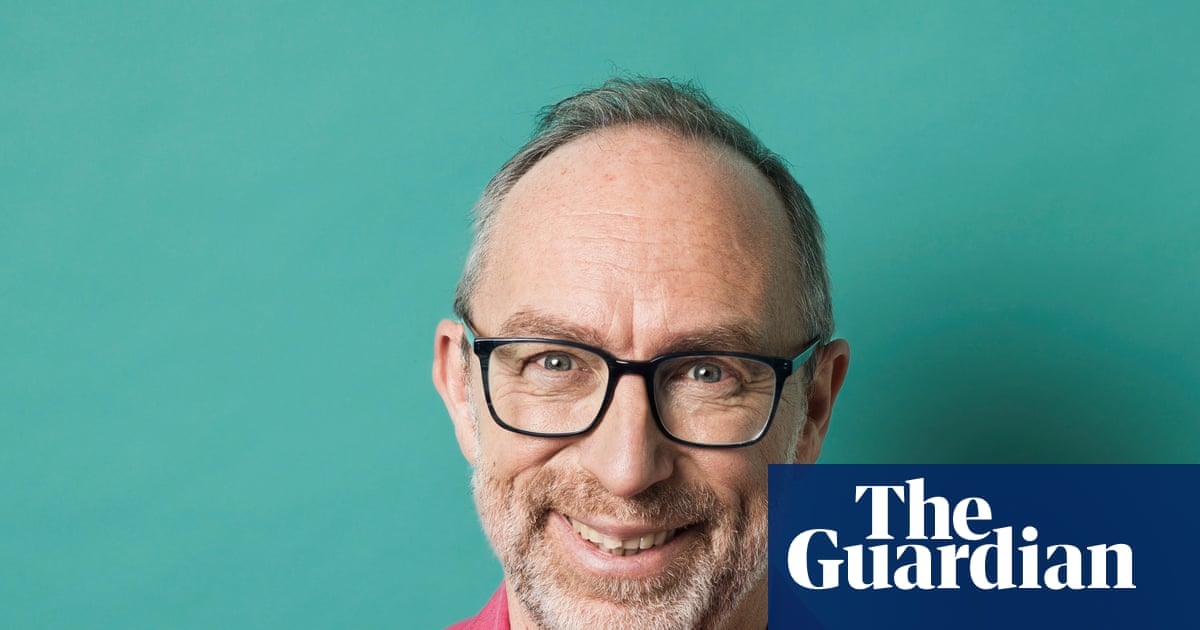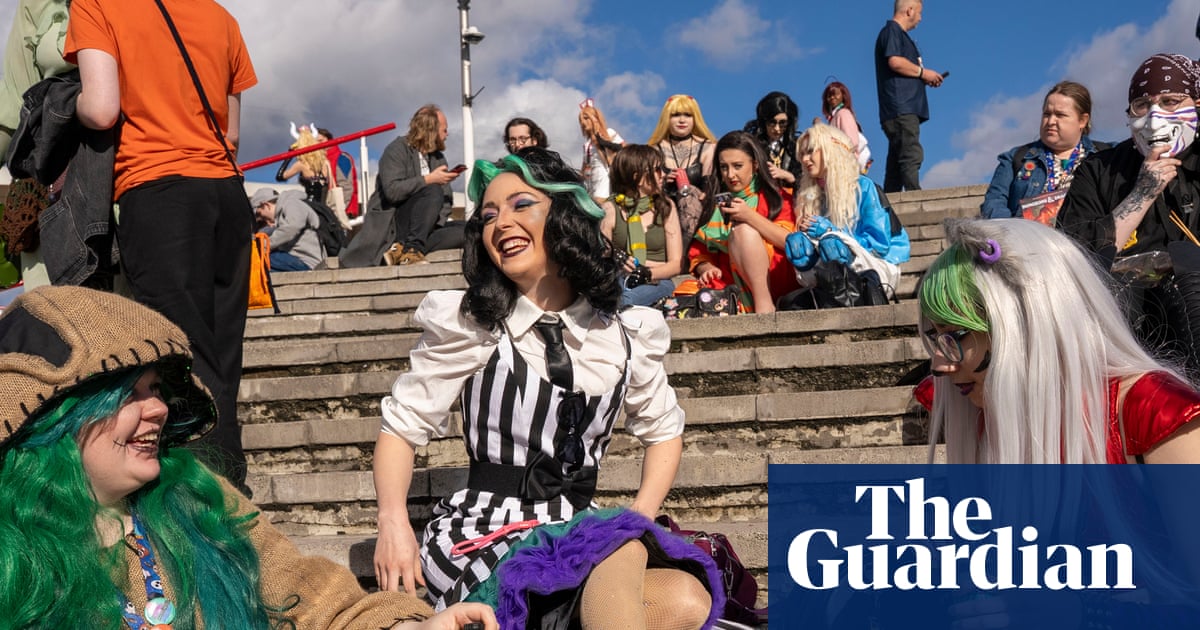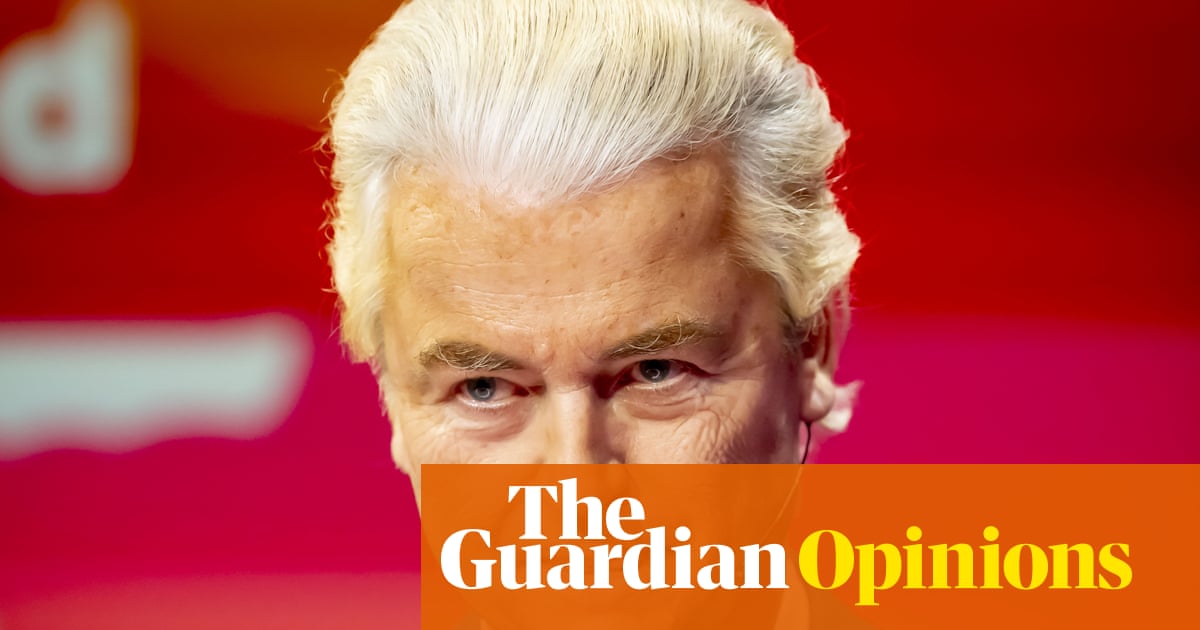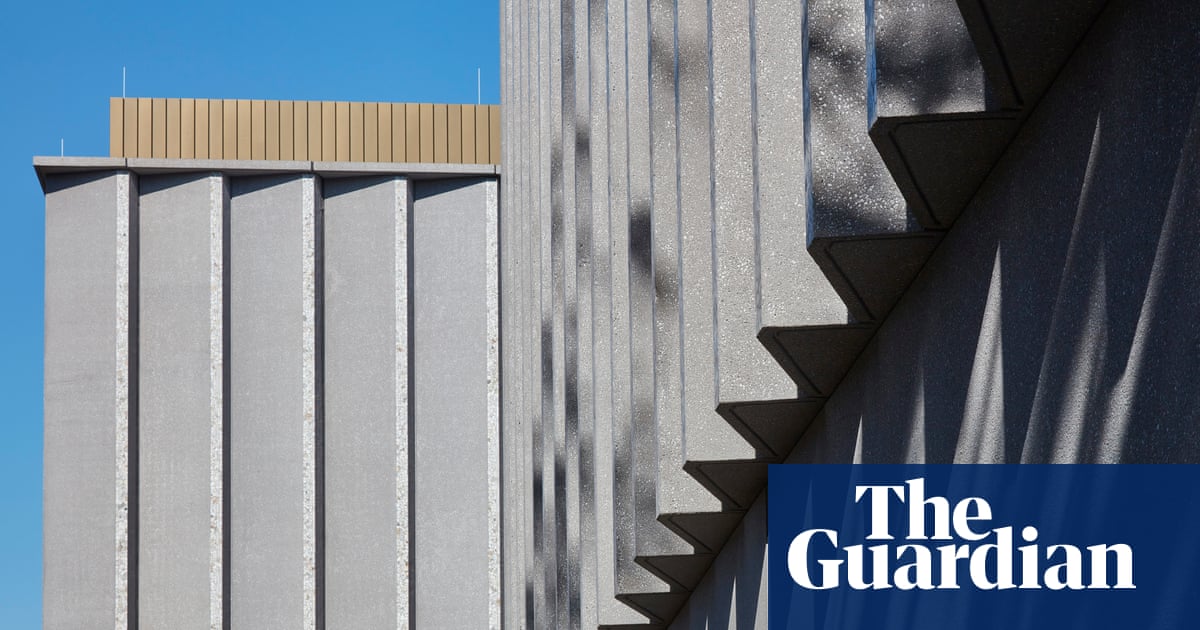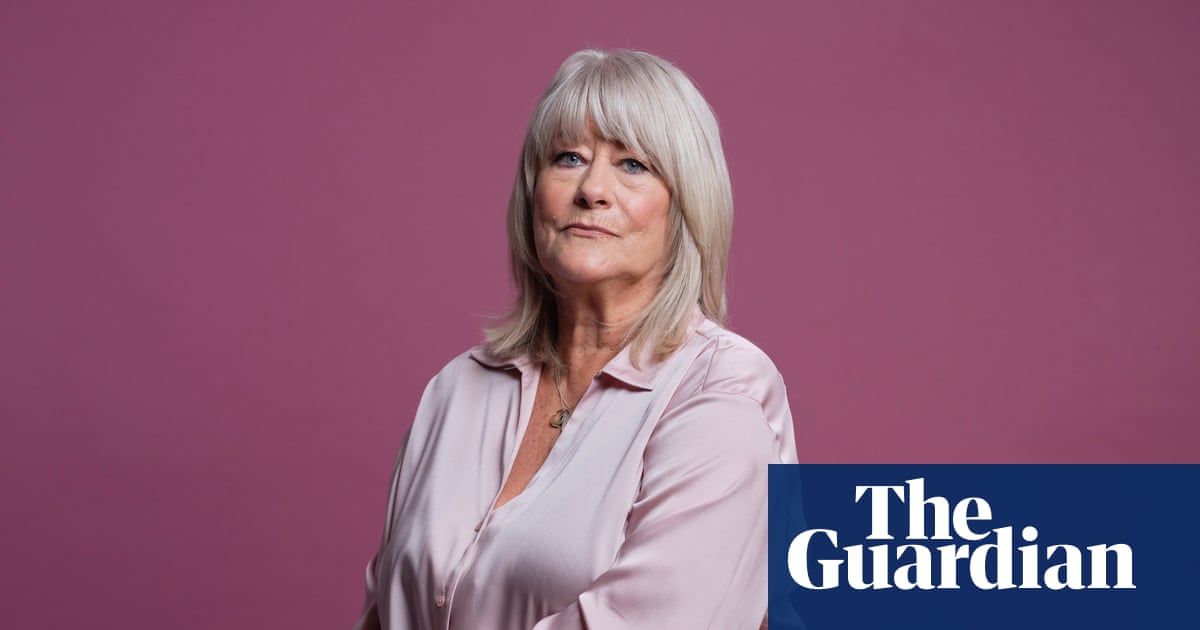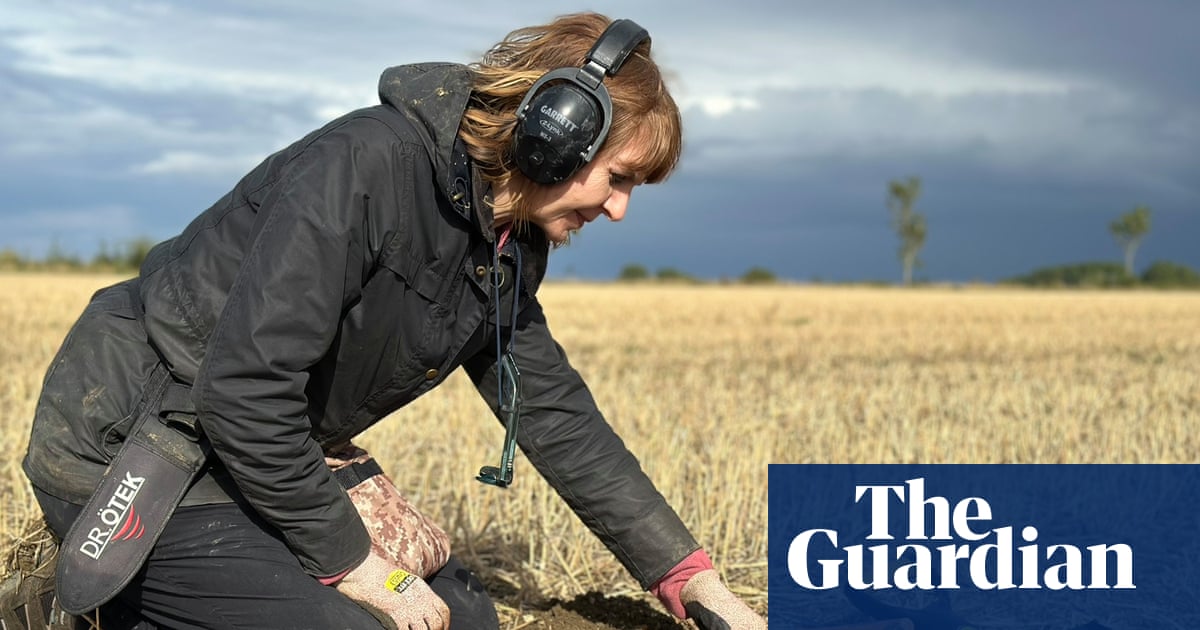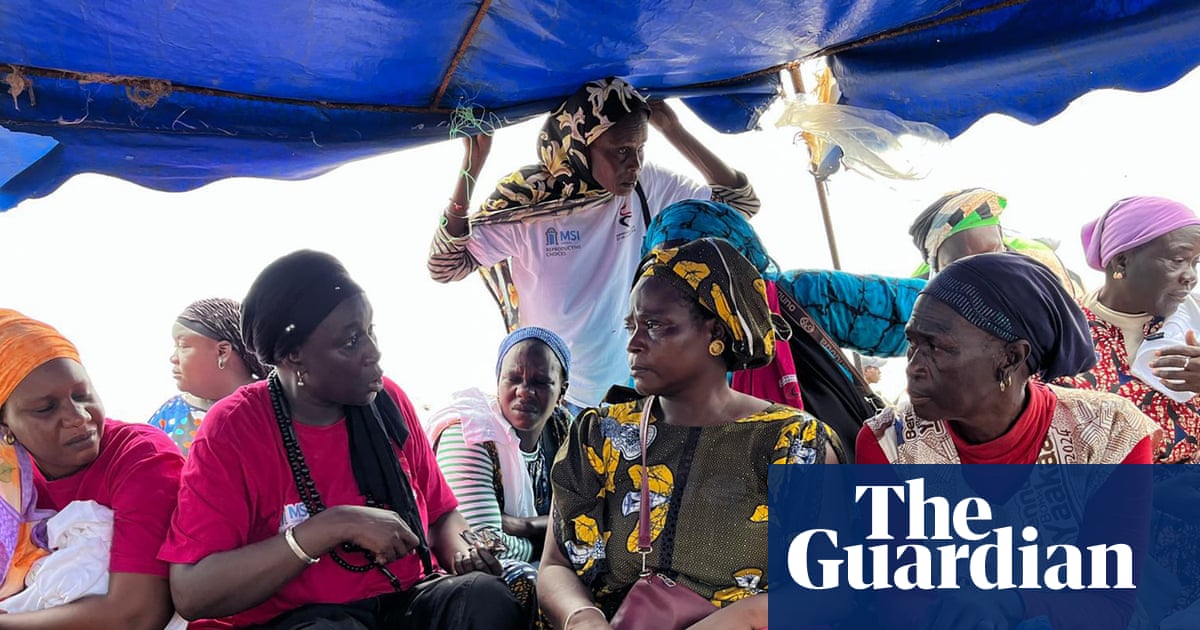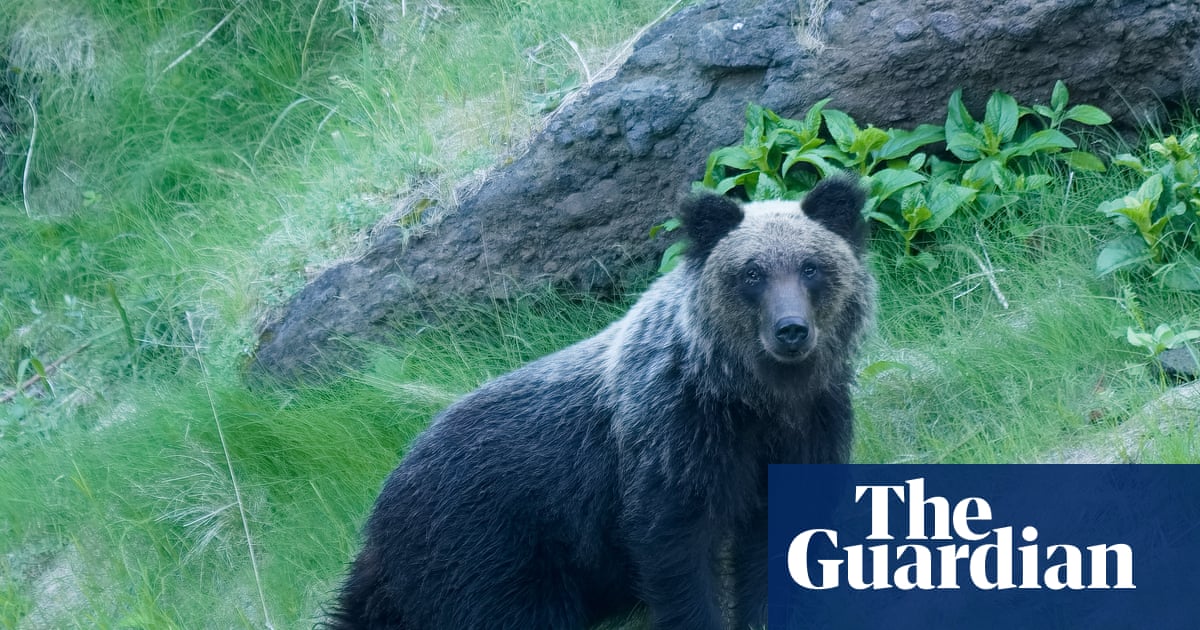A film festival has brought US, European and African producers and directors to Jamaica to explore collaborations with local film-makers, who are set to benefit from several million US dollars-worth of government investment to boost the domestic industry.
Held on a beach in Black River, in Jamaica’s south-western parish of St Elizabeth, the Black River film festival over the weekend gave Jamaican actors and film-makers a rare opportunity to screen their films to experienced movie makers such as the Netflix producer and director Samad Davis, the Atlanta-based executive movie producer Dolapo Erinkitola, and Cédric Pierre-Louis, the programming director of Nollywood TV, ROK and Zacu TV (Canal+).
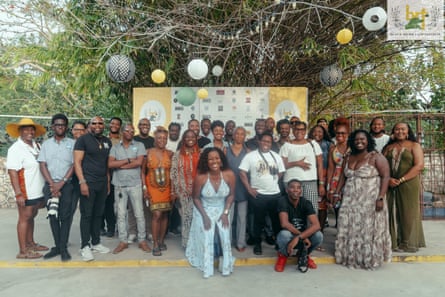
On a large screen set against the expanse of the Caribbean Sea, documentaries, features and shorts inspired by the distinct experience of Jamaicans came to life. The festival, in its second year, also attracted films from other parts of the world, including the UK, Canada and Serbia, with Sofian Francis, a British actor, stunt performer and film-maker with Caribbean heritage, taking home five awards for his film Dante’s Inferno – The Ascension.
The festival organiser, Ava Eagle Brown, a writer and entrepreneur, said she aimed to leverage Jamaica’s strong global brand and the government’s commitment to growing the film industry through financing initiatives such as the J$1bn ($6.2m or £4.52m) Jamaica screen development initiative (JSDI), to catalyse global collaborations.
The initiative offers grants to Jamaican citizens and residents, and companies registered in Jamaica who meet their eligibility criteria.
“Jamaica, the Caribbean as a whole, has some amazing and compelling stories, and we are great storytellers,” said Brown. “But we don’t have enough of our stories being told outside of Jamaica by Jamaicans. That is why the festival is focused on co-production. So, you see people from Canada, America, France, Ghana and the UK. And we’re discussing how we can co-produce to create a unique sound and a unique flavour.”
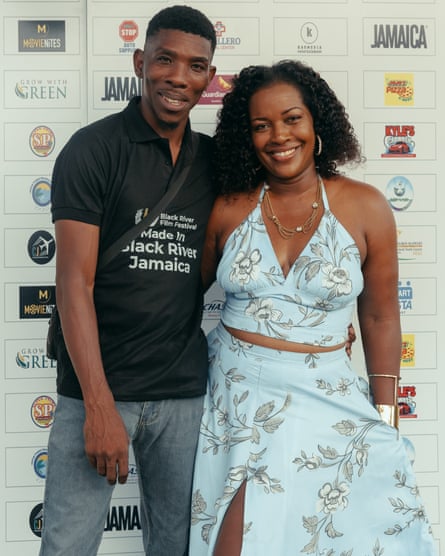
The goal, Brown added, was to create a Jamaican film brand on par with other Jamaican exported culture such as reggae and dancehall. The festival, she said, would help to achieve this by putting Jamaican actors and film-makers in direct contact with film industry leaders from around the world. “I mean, where in Jamaica can rural children run into a Netflix series producer or somebody from Canal+?” she said. “That is what is happening at the Black River festival.”
The award-winning Jamaican actor and film-maker Sherando Ferril said collaborations would help address some of the obstacles to film production, such as effective distribution.
Stephanie Hazle Lyle, the president of the Jamaican chapter of Women in Film and Television, said the focus on films would reap economic benefits down the line.
In 2023, the government announced that Jamaica’s creative sector had generated approximately US$2.2bn in the previous year, accounting for 5.2% of the country’s GDP.
Wilford “Billy” Heaven, the CEO of Jamaica’s culture, health, arts, sports and education fund (Chase), a government fund which has contributed J$10m over two years to the Black River festival, described the Jamaican film industry as a “powerful catalyst for economic growth, cultural preservation, and global visibility”.
The film commissioner Jackie Jacqueline Jackson spoke about the importance of the JSDI. This two-year initiative, which is in the final stages of processing its first set of applications, has six categories: development, production, completion, film festival and market attendance, and marketing and distribution.
The aim, she said, was to transform Jamaica from being primarily a service industry for film, with more than 100 projects coming to the country every year to shoot, mainly from the US and the UK, to creating more of its own content.
after newsletter promotion
The fund, she added, would help to upskill everyone in film production, including camera assistants and producers, so when external companies do come to film in Jamaica, they could use local talent.
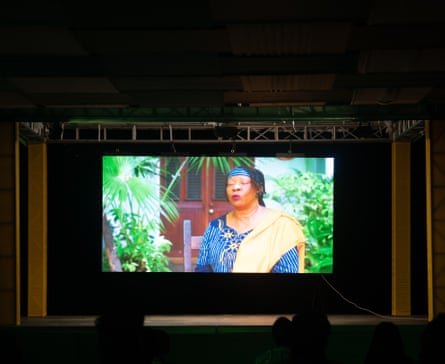
The actor Cornelius Grant, who played Bucky Marshall in the Paramount blockbuster film Bob Marley: One Love, said he was witnessing “the beginning of something great”.
“We have the fastest man in the world [Usain Bolt] … [the reggae star] Bob Marley, [the dancehall artist] Vybz Kartel, [the activist] Marcus Garvey … So Jamaica has a lot to offer, and now it’s time for our film to affect the world positively, like our food, tourism and music,” he said.
Critical to the success of the film industry, Grant added, was ensuring Jamaican films were authentic, reflecting the patois, the fashion and the culture. “We just need to ensure we stay true to ourselves … and don’t try to be like anybody else, but to do what we know best – be Jamaican.”
Davis said he was ready to lend his hand “to inspire or educate” budding film-makers and producers.
For Brown, the dream is to see not just Jamaica but the entire Caribbean film industry elevated. “I think,” she said, “we’ve been overlooked in some respects.”

 3 months ago
74
3 months ago
74
